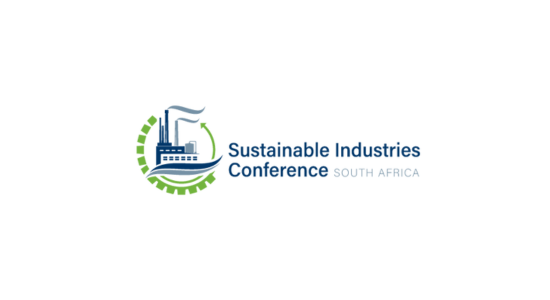The National Cleaner Production Centre South Africa (NCPC-SA)* hosted the Sustainable Industries Conference (SIC) at the CSIR ICC in Pretoria, South Africa, from 11th to 12th September 2024 in close collaboration with UNIDO’s Global Eco-Industrial Parks Programme (GEIPP), funded by the Swiss State Secretariat for Economic Affairs (SECO), and the Sustainable Industrial Clusters (SIC) initiative of the Deutsche Gesellschaft für Internationale Zusammenarbeit (GIZ) GmbH. The thematic lied on advancing the circular economy and building resilience in industrial stakeholders in the face of the Just Transition and decarbonisation agendas.
ISC3 contributed as a speaker during the fifth session on promoting the environmental dimension of Eco-Industrial Parks (EIPs) and was present with a booth during the two-days event. From the textile sector, success stories on sustainable chemical and waste management have been shared by Imraan Textile Mills from India, while ZDHC presented on chemical management in clothing and textile companies.
More than 700 national and international delegates registered, aimed at equipping industry as well as sharing best practice and innovation. The target group comprised representatives from small and large businesses in the industrial and manufacturing sectors, policy makers from all levels of government, independent consultants working related to sustainable development, as well as learners and academics from tertiary institutions.
“We transform chemistry” - ISC3 is committed to foster Sustainable Chemistry through changes of stakeholder behavior. Hence, the EIP approach goes hand in hand with ISC3’s vision following a holistic approach e. g. addressing all dimensions of sustainability, promoting the development from linear to circular supply chains, based on transparency (availability of information) and collaboration. Therefore, Sustainable Chemistry reduces environmental pollution and human health risks, increases resource efficiency (e. g. through optimized use of chemicals), achieves cost savings, since less input is needed, while improving public relations (the reputation of companies) and stakeholder trust.
*The National Cleaner Production Centre South Africa (NCPC) is a national programme that supports the transition of South Africa to a green economy through the application of the broad principles of resource efficient and cleaner production (RECP). The NCPC is managed by the Council for Scientific and Industrial Research (CSIR), under the oversight of an executive management committee, chaired by the Green Industries desk of the Department of Trade, Industry and Competition (the dtic).







